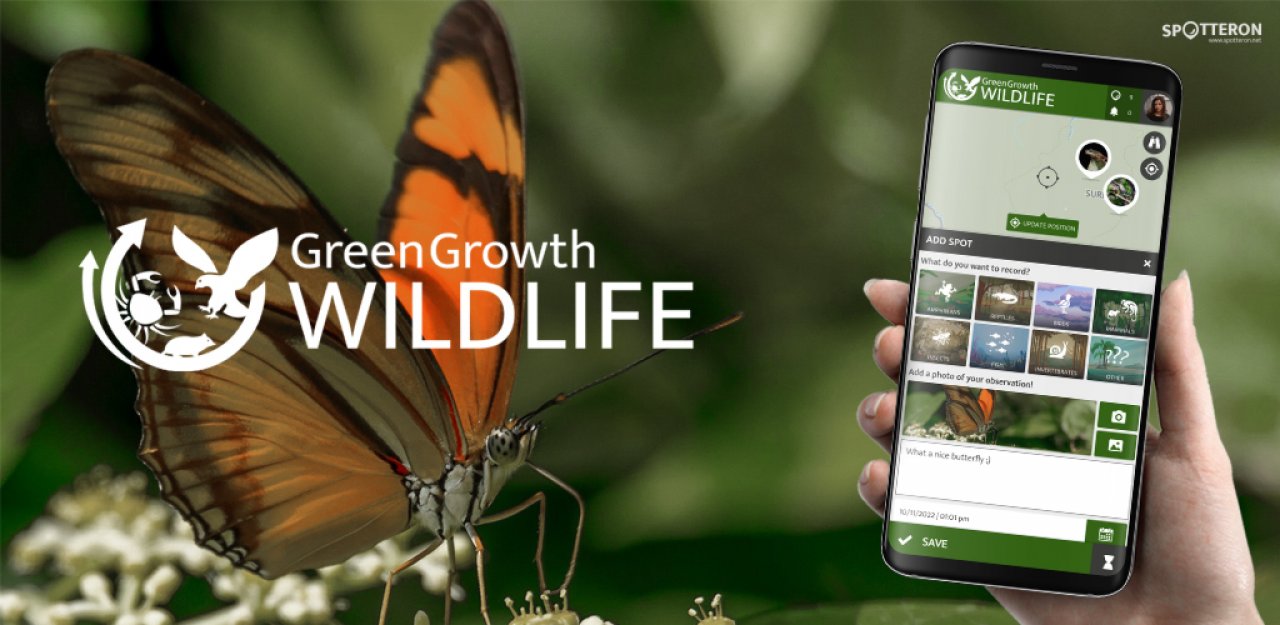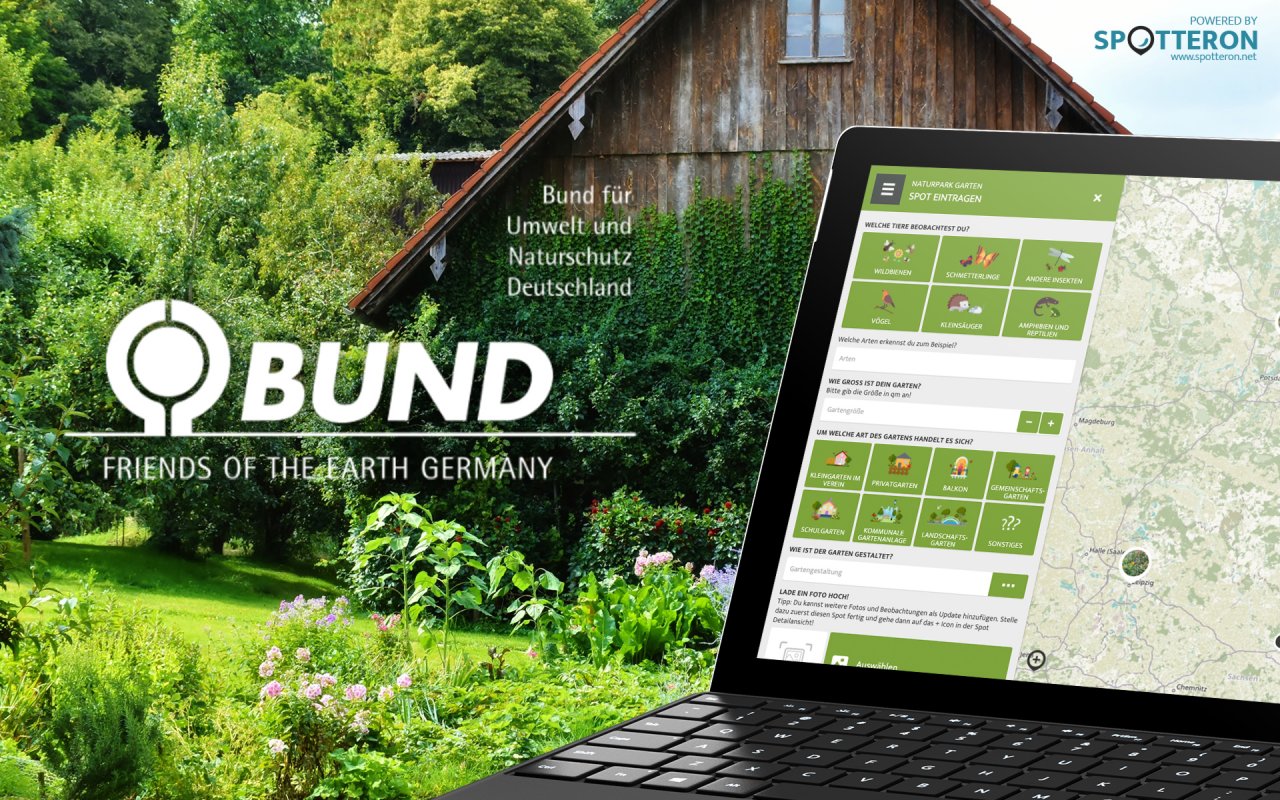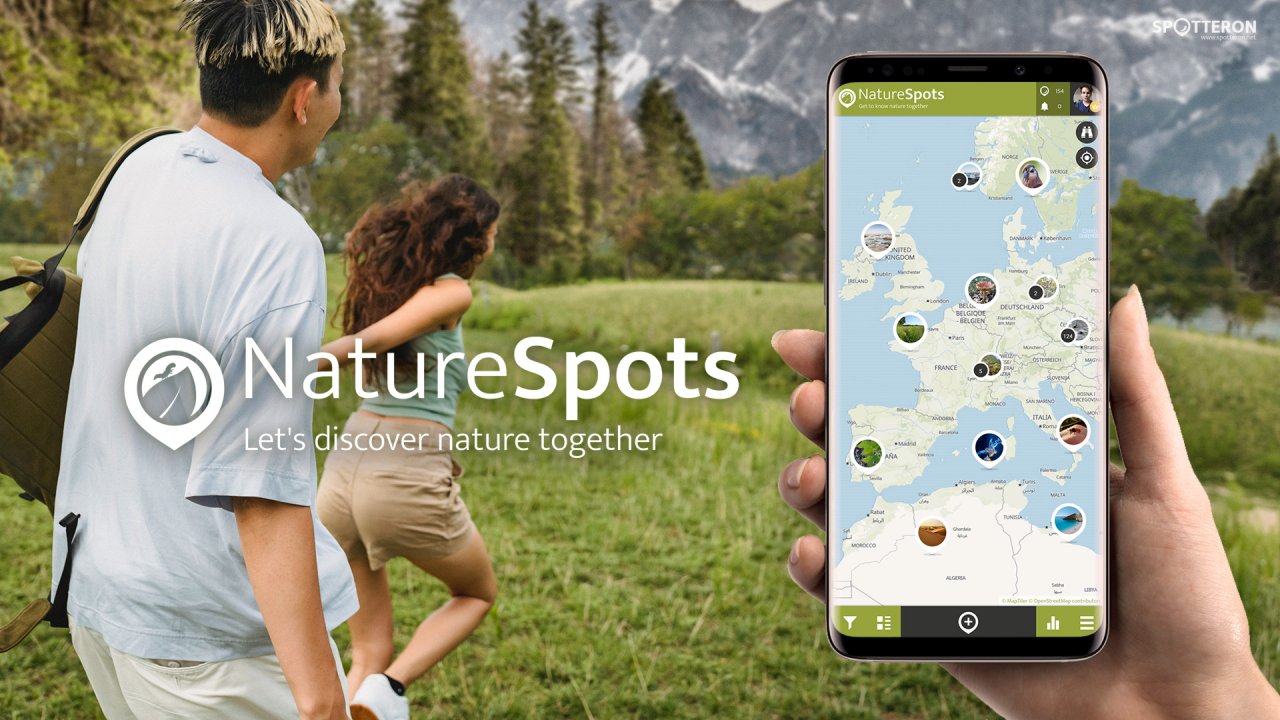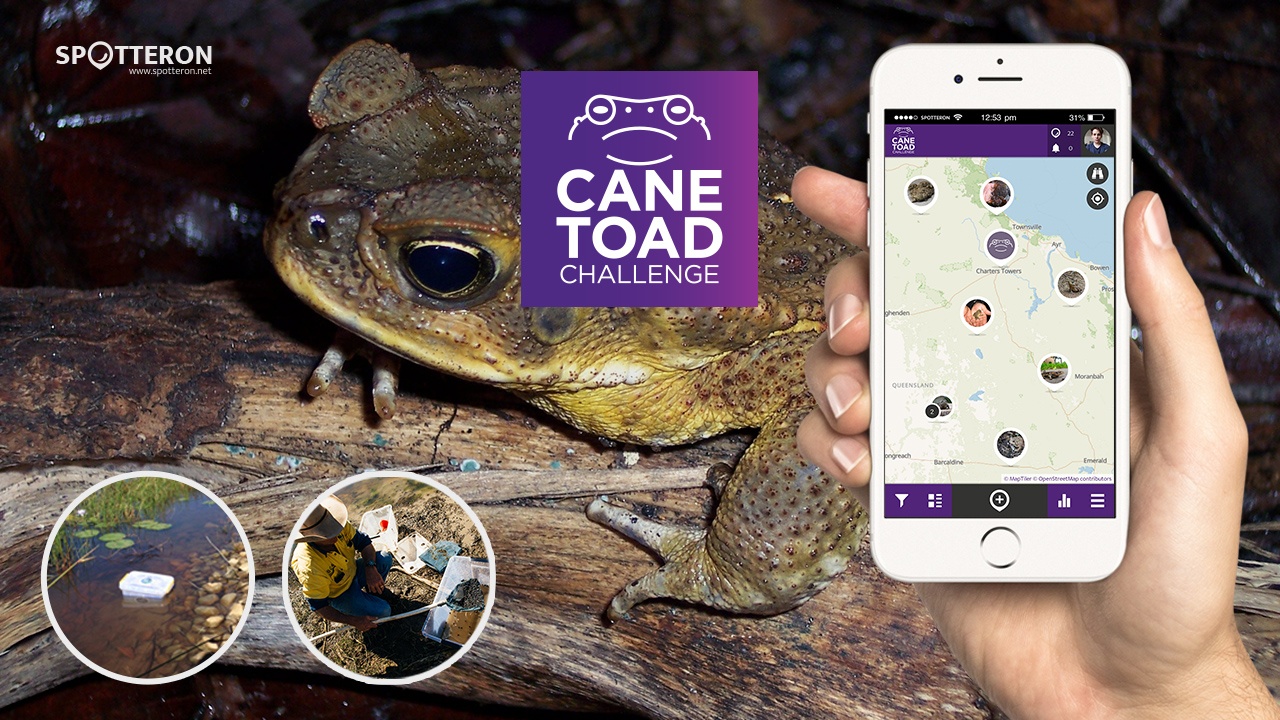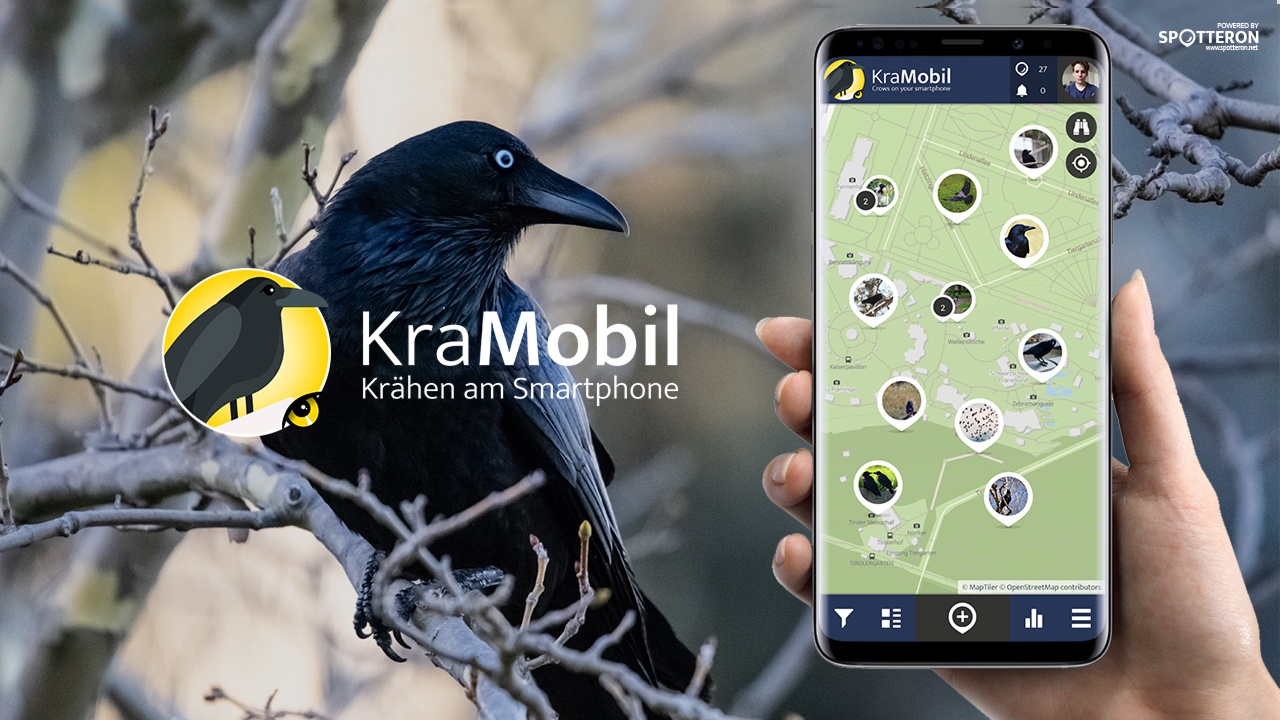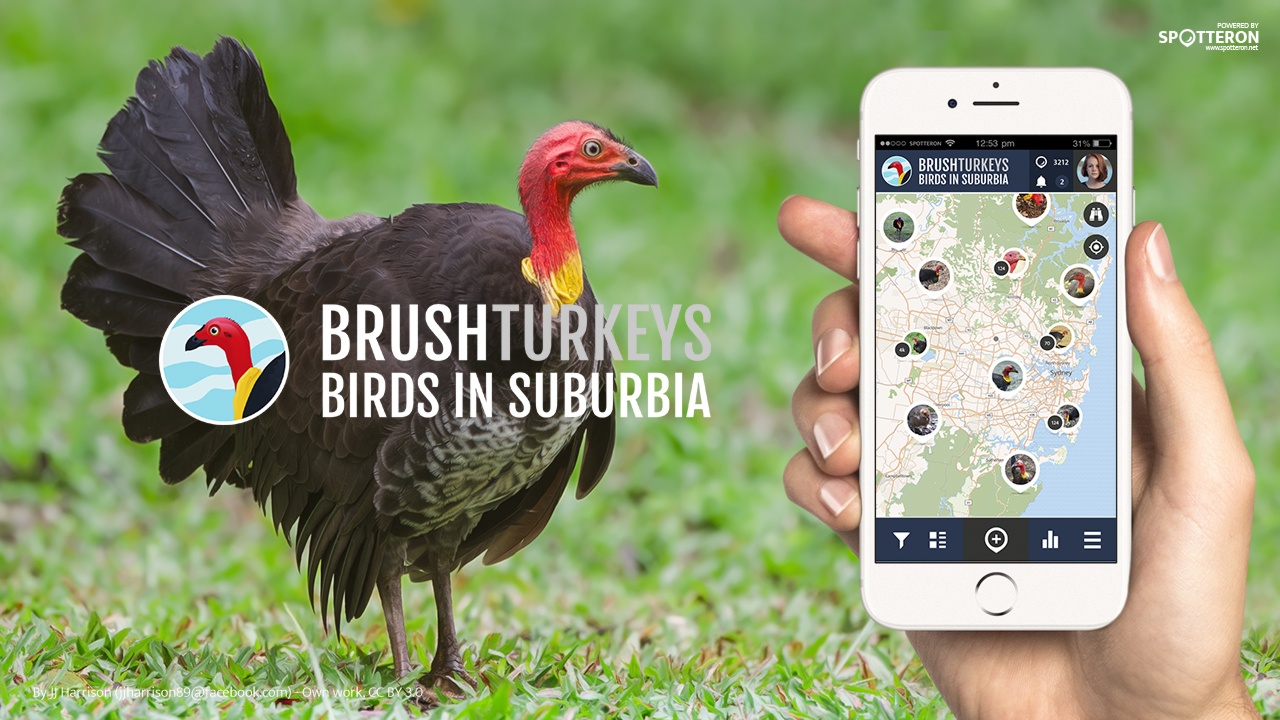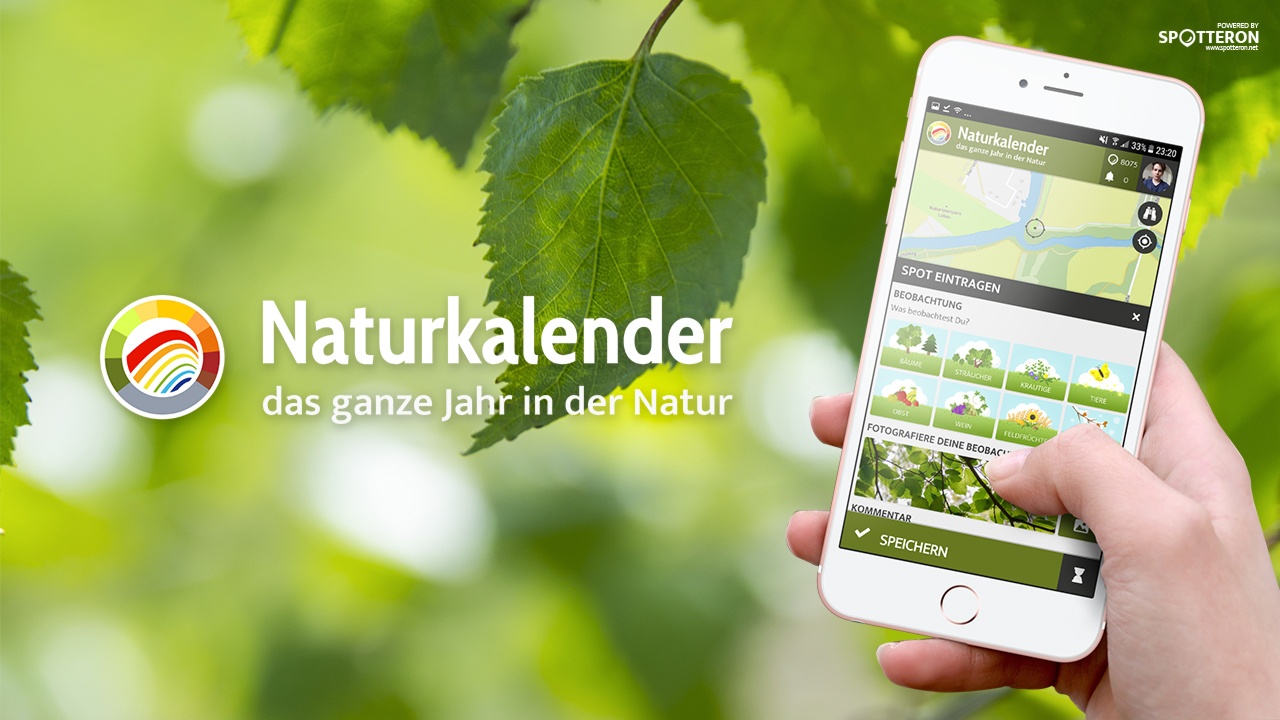Short note: This website is in Beta - we are currently building everything up but you can already find the apps to download and participate! Thank you and stay safe!
Green Growth Wildlife
Suriname's lush forests are home to a plethora of unique flora and animals. Despite this abundance, there is still a lack of a unified system that consolidates all critical information in a single, easily accessible location. This is where the Green Growth Wildlife app comes in, providing a complete platform for collecting vital information that will help map and understand the health of Suriname's biodiversity.
A Citizen Science App to Map Suriname's Abundant Wildlife
The aim for the future is to build an engaged community of Citizen Scientists who will act as the eyes and ears of our 93 percent wooded Suriname by routinely updating the app with their observations, thus giving scientists a complete view of Suriname's wildlife. These data will help Suriname's policymakers manage biodiversity sustainably.
Nature Park Garden - Small Gardens, Big Impact | BUND
Gardening is currently experiencing a renaissance. Eating fresh, healthy fruits and vegetables from your own garden is a beautiful experience. It is even better when you consider natural cycles in cultivation, avoid pesticides and peat, and promote biodiversity. Gardens offer enormous potential for protecting biodiversity. This Citizen Science App will help you with that!
Be part of creating a large nature park of insect-friendly gardens!
Allotments and private gardens, and communal green spaces with their biodiversity are part of the German cultural heritage and have enormous potential as habitats for insects, birds and small mammals, provided they are managed in a natural and pesticide-free manner. Many hobby gardeners are already doing this, but the knowledge is often not very widespread. The BUND would like to make the large area of near-natural gardens visible and put it into focus.
Why participate?
The BUND gives tips and advice on natural gardening without pesticides and peat and for diversity in the garden and would like to encourage gardeners, school classes, municipalities and interested parties to make their gardens, areas and balconies insect-friendly and to share their experiences. The aim is to create a large contiguous area (biotope network) of insect-friendly gardens in Germany, where valuable species can spread out and thrive. Take part and put your garden, school garden, balcony or communal green space on the map and help protect our nature and biodiversity!
NatureSpots - observe nature
Anyone with a passion for nature, photography, and the protection of our planet can be a naturalist. The NatureSpots App enables nature lovers, biodiversity enthusiast, nature conservation activists and everyone else interested in wildlife and natural habitats to share animal, plant or fungi observations and habitat discoveries on their adventures.
Once you start you won't be able to stop - suddenly you'll know more plants, mushrooms and animals than ever before. You'll explore new habitats with your smartphone and reveal secret worlds. You'll make discoveries and get to know your surroundings better. The NatureSpots App is your companion on travels, walks, hikes, and your diary about your nature sightings.
CaneToads
Cane toads are relentless invaders. They were transported to sugar cane growing regions of the world from South America early last century, including Australia, in the hope, they would eradicate beetles devastating sugar cane crops. The experiment failed spectacularly. Toads ignored beetles, and instead embarked on an epic global invasion. With this App, you can reduce their population to protect local flora and fauna.
Citizen Science helping to cope with an invasive species
The purpose of the Cane Toad Challenge app is to support citizen science, to inspire the public, media, scientists, authorities and decision-makers, to catalyse awareness and gather data, to inform the development and implementation of more effective cane toad control policies and practices.
KraMobil
With "Crows in the zoo" you can observe the species and subspecies of crows and how they interact with the animals at the Vienna Zoo. Observe and find out how clever these birds are and how quickly they learn!
Observe different crow species and see how quickly they learn with Citizen Science!
The aim is to actively involve zoo visitors and citizen scientists in the research activities of the University of Vienna (Department of Behavioural and Cognitive Biology together with the Konrad Lorenz Research Center) to monitor different crow species and individual crows’ behaviour in the zoo. These observations shall allow scientists to understand better the ecological factors determining their group dynamics.
The observations will also provide insights on the influence of ecological factors (e.g. food availability or presence of zoo animals) on their social behaviour.
While a particular focus lies to the area of the Zoo Vienna, observations from elsewhere in and around Vienna are welcome.
BrushTurkeys
The BRUSHTURKEYS app is all about Australian Brushturkeys extending their natural habitat, which usually includes rainforests and woodlands, to suburban areas.
The brushturkey is a fascinating bird for Citizens and Scientists alike.
Once a rare species due to overhunting, the Australian Brush-turkey is now commonly found in urban areas on Australia’s east coast. They are large birds with a wingspan of about 85 cm, black feathers and a red head. The males build huge nest mounds on the ground out of leaves, twigs, and other compostable material, which are then visited by local females, for mating and egg-laying.
With the app, you can gather sightings on the Australian Brush-turkey and observe their behaviour. Your observations help to understand better how these birds adapt to their surroundings.
Nature's Calendar
"Naturkalender" (Nature's Calendar) is the Austrian phenology app for interested Citizen Scientists who want to support phenology and climate protection by observing their surroundings. The focus lies in the development of certain so-called phenological indicator plants. Through community science observations of plants that start to bloom, bear fruit, or shed their leaves, or animal activities, they support the data collection of the Austrian Central Institute for Meteorology and Geodynamics (ZAMG) and the European Phenology Database.
Better understaning of climate change and what to do about it
These observations have been recorded at the Central Institute for Meteorology and Geodynamics (ZAMG) since 1851. Since then, voluntary so-called Citizen Scientists have been supporting them all over Austria by observing nature for us. With the Nature's Calender Citizen Science app, phenology has finally arrived in the 21st century. Here you can easily record your own nature observations on the map with your smartphone all year long, be active in the nature calendar community and, at the same time, learn a lot about nature. Due to the easy handling of the app, people from all age groups can be found in the community, and a lively exchange of interesting information takes place. And best of all: with your entries, you can help scientist to better understand climate change and find solutions for the challanges it brings.
Can I use my user account in multiple apps?
Absolutely! After creating your user account, you can log in with it in all apps and projects on the SPOTTERON platform without the need to register again. You can find additional apps and topics here: https://www.spotteron.app/apps - Please be invited to download any app which you like to join and start spotting!
How can I erase my stored personal data?
GPS-Location doesn't work. What can I do?
Please visit the website about the SPOTTERON Platform on www.spotteron.net
This website uses no external trackers, no analytics, just session cookies and values your online privacy.

